Electrolytes? Yes sir!
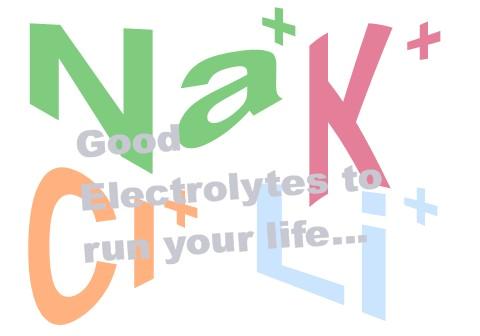 Fanciers often ask me ‘what are electrolytes?’ Are they really useful and when should I give them to the birds? Since it seems to intrigue so many I will give a short explanation but will not go into details, since that would be too complicated a story.
Fanciers often ask me ‘what are electrolytes?’ Are they really useful and when should I give them to the birds? Since it seems to intrigue so many I will give a short explanation but will not go into details, since that would be too complicated a story.
The term is a medical (scientific) one for salts, specifically ions.
They are commonly found in sports drinks for humans and they are used to replenish the body’s water levels after dehydration caused by exercise, diarrhoea, vomiting or starvation.
If a person exercises heavily, he loses lots of electrolytes in his sweat, particularly sodium and potassium, which are major electrolytes and need to be replaced as soon as possible to restore imbalance, once it occurs. Mostly carbohydrates and glucose are added by the manufacturer to provide energy.
PIGEONS
Not only humans but pigeons as well may lose big amounts of salt and ions, especially after heavy exertions in hot weather. Dehydration may be a direct consequence and therefore birds may need some help to restore fluid levels.
How to help them?
‘Electrolytes’ is the word.
The next question may be which are the best?
That is hard to say but… you are on the right track if you find the words sodium (Na), potassium (K), chloride (Cl), calcium (Ca), magnesium (ma), bicarbonate (HCO), sulphate (So3) on the label.
Pretty many different medicinal dehydration sachets or drinks are available for both humans and pigeons. For ‘us’ the best thing is to get them from an experienced vet or a trustable firm.
FUNCTION AND ADMINISTRATION
What do electrolytes do to the body and what are their functions?
- As I said, first of all they restore the fluid balance (replenish the body’s water levels after dehydration caused by exercise or diarrhea).
- Furthermore they suppress the feelings of thirst.
When to give them?
The best timing is directly after the exertion (a race in hot weather). So it should be in the water on homecoming already. It is also useful to give them before basketing if the weather is hot. ‘If the birds come home and nearly fall apart due to the loss of water/salts, you are too late’ In this case you should add the electrolytes on the grains with some (Cure) Oil, thus the typical salty taste of a water solution of electrolytes is avoided. Soon after eating, the electrolytes dissolve in the crop and stomach, birds get thirsty and consequently they will drink an extra volume of water which is well fixed in its system. This will probably give the pigeon a feeling of self confidence too. You can increase this technique by adding, intestinal-conditioners (Cometose). Fibers can suck up a lot of water and keep this water a long period in the intestinal transit. By doing so birds will not try to land during a race and lose time in hot weather conditions. After a long distance race electrolytes may be administered for 2 or 3 days in order to help them to recover more quickly.
FINALLY
It sometimes happens that 10-day-old babies suddenly produce watery droppings; sometimes it is more water than sh… After you have put electrolytes in the drinker the result may be spectacular and within 2 days the droppings may get back to normal. Birds that suffer from Adeno (E coli) drink very much and their droppings are very watery as well. For such birds electrolytes are also helpful. Electrolytes and even sports drinks can be homemade as well, but some expertise is required to use the correct proportions of sugar, salt and water. After this you may have understood that electrolytes, sedochol and beer yeast belong to the very few feed additives in which I believe. Apart from grit of course, but that should be obvious.
Electrolytes by: Ad Schaerlaeckens
The Leading Online Pigeon Racing and Racing Pigeons Magazine – The Pigeon Insider

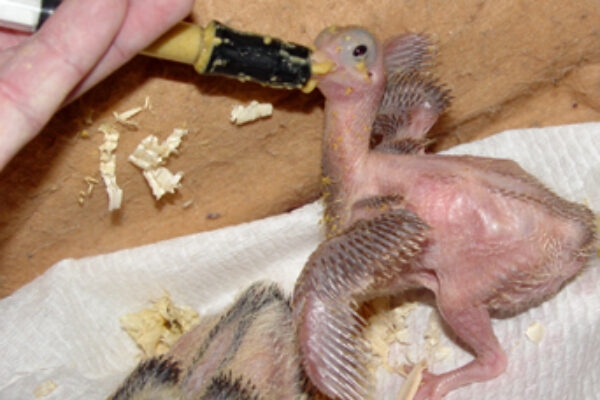
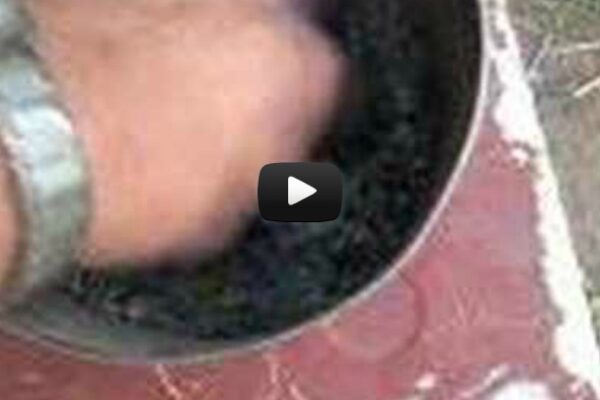
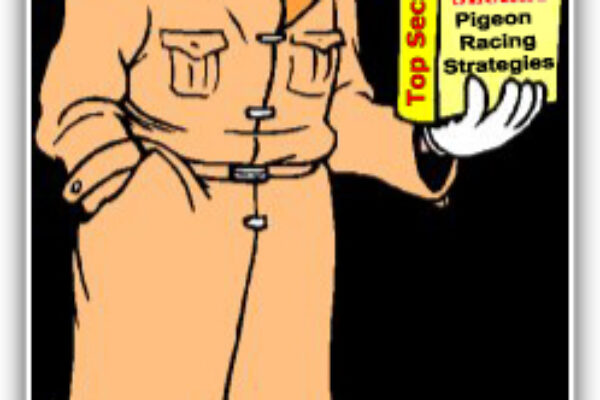
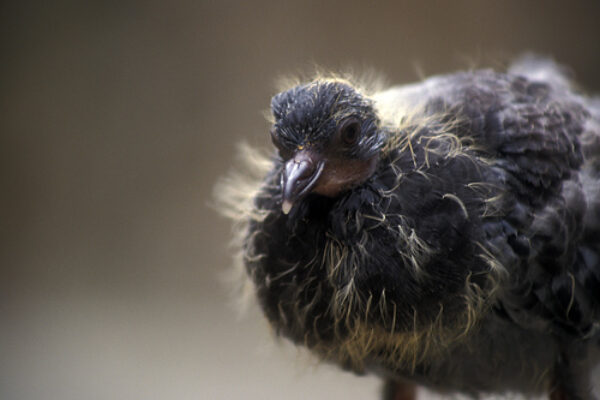
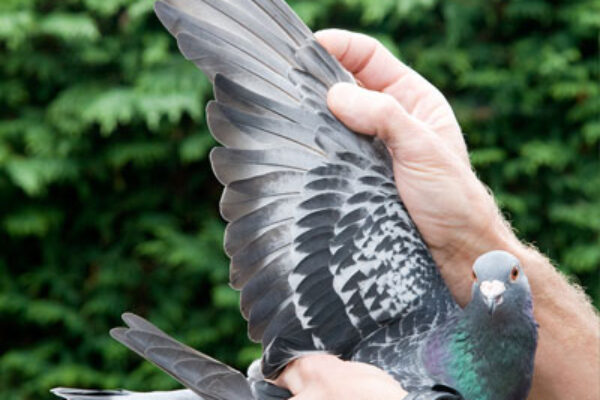
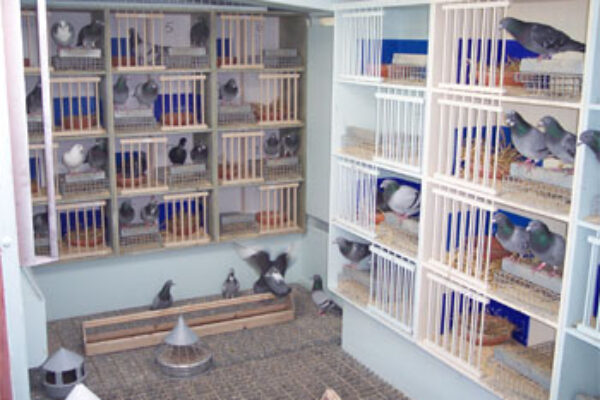
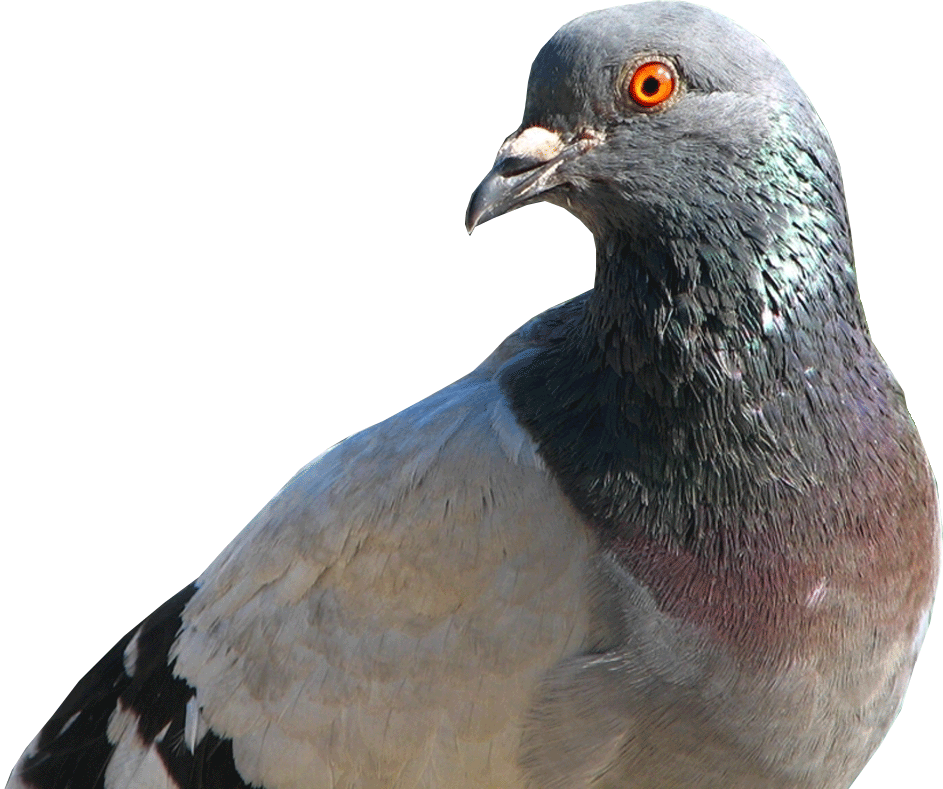

I have gone back to just fresh water when they come home
from the races i believe thats all they need pigeons are
not humans and there bodies work a lot differently than
ours also most of what you give them in electrolytes
there body does not use.
There is so much advice given by so many experts that contradict one another that its hard to believe which is best. Clear water on return to electrolytes and sugars. The florida gator’s football team coaches asked their science department to make them a electrolyte solution for games and after some tweaking they were unbeatable. Gatorade was developed. We want our birds to recover quickly and to do that is paramount. Ad understands this. The drinker is the first stop on return for the birds. Clear water later and a good feed will have them recovering quickly.
I use table salt in my loft all year round they get there vitamins pick stones etc and honey on race day.Very good article brad.
Hi Chris
I always use electrolytes for the whole day on the day of basketing and also when they return from the race. With this i also give iodine 9 drops to a litre of water this helps to prevent any slime in the throat.
BVP electrolyts I think is the best with lemon and honey it is great
I have found a product called “Sav-A-Chick Electrolyte” (you can google it) it is a great source of the electrolyte that our fowl friends needs at times. Pre-measured electrolyte/ vitamin supplement packets that mix into one gallon of drinking water to support hydration and health during periods of hot weather or other stress…I also add it when I have new hatchlings…I have used this product and am very happy with the results. And No i swear i do not work for Sav-a Chick 🙂
ad is right on the mark and by the way i think he started the dark and light system and i use garlic oil and cure oil on the food to make things stick to the food
listen to a winner ad is one of the greats out there
Since birds do not have sweat glands giving electrolytes makes little sence unless they have loose, watery droppings. They get salts and minerals in the grit etc.
I use electrolytes cautiously as I’ve read somewhere that too much electrolytes in the body can be harmful. It is similar to hypervitaminosis (too much of a particular vitamin causes a deficiency for another)… I’ve also read that too much salt can poison the birds, affects to the liver, brain, etc…
I don’t know, i guess I’ve been reading too much?
Nevertheless, the problem still remains; how do we figure out how much is ‘too much’ ??
The ingredients in electrolytes, are all water soluble, so it is very hard to give to much. Whatever it passes thru as urine.